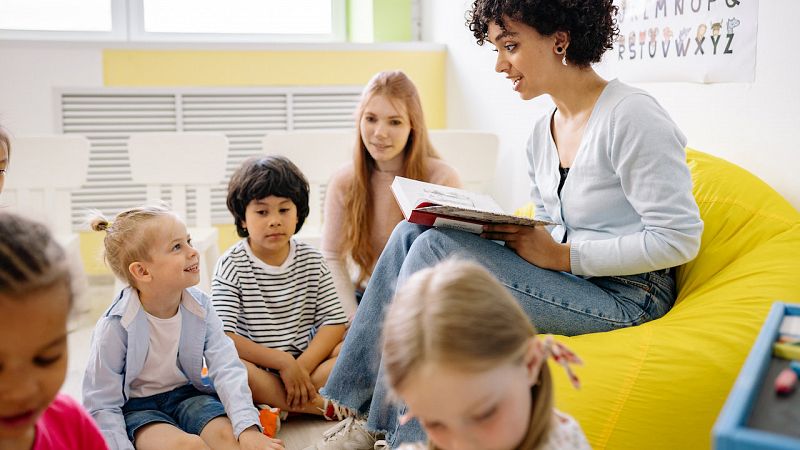School Readiness
From the time a child is born until age five, home is the easiest place to position a child’s academic trajectory. Children who begin school ready will have a rewarding education.

A Child’s Skills on Day One of Kindergarten Matter!
Children who start kindergarten with grade-level skills (the skills of a five-year-old with typical development) or higher are ready for a successful and satisfying education. They start ahead and stay ahead.
A child’s learning from birth to age five determines their kindergarten starting point. When students score low on entering-kindergarten assessments, it is rarely a reflection of their intelligence but rather of limited access to opportunities and experiences during their earliest learning years. It is in those years that the readiness gap, or the preparation gap before kindergarten, is created.
Additional Resources & Research
Give every child the opportunity to obtain the lifelong advantages of literacy and learning.